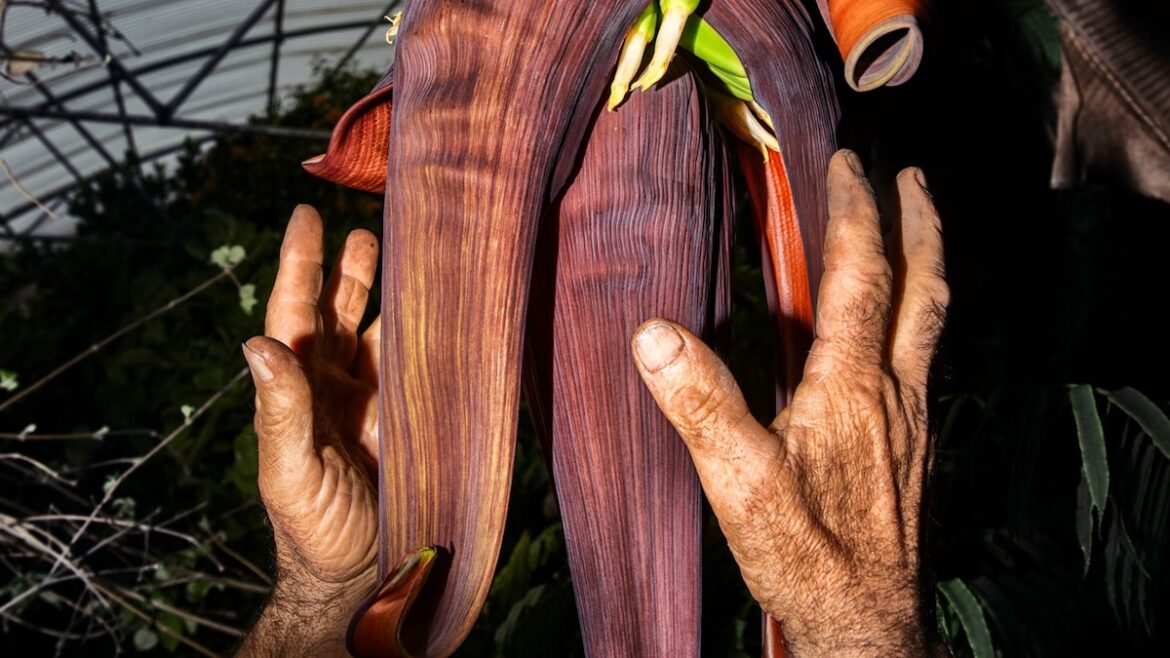Entrepreneur Francesco Verri has established a network of small-scale growers specializing in lesser-known tropical fruits. His vision is to create a new “made in Sicily” exotic fruits brand that raises awareness about climate change among everyday consumers. He also collaborates with chefs to integrate tropical fruits into Sicily’s rich local culinary traditions.
“We have tested over 2,000 wheat varieties in different parts of Sicily, including ancient ones that promote biodiversity. This experiment aims to identify productive seeds for various regions and adaptability to climate change,” explains Paolo Caruso, an agronomist and consultant at the department of agriculture, food, and environment at the University of Catania.
Crops developed for future use will need to be capable of withstanding a hotter, dryer climate.
As rain becomes scarce and temperatures rise, plants increasingly whither and die, exposing a bare layer of soil that’s eroded by wind and washed away by occasional rainfall. Over time, soils become less fertile, a process known as desertification.
Approximately 70 percent of Sicily’s territory is at risk of desertification due to rising temperatures, water scarcity, and soil degradation.
“It’s comparable to sustaining third-degree burns on 70 percent of our body. Such a condition would be fatal for a human being,” explains Professor Christian Mulder of Catania University.


Dining and Cooking